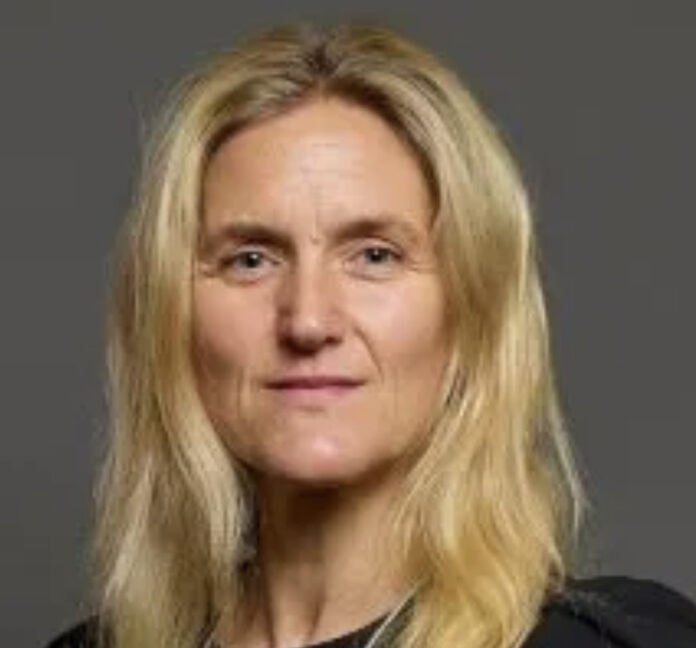The Royal College of Psychiatrists (RCPsych) is calling on MPs to consider serious concerns about the Terminally Ill Adults (End of Life) Bill for England and Wales, ahead of the pivotal Commons Report stage debate and Third Reading.
With too many unanswered questions about the safeguarding of people with mental illness, the College has concluded that it cannot support the Bill in its current form.
RCPsych is once again sharing its expert clinical insight to support MPs in making informed decisions ahead of the debate in Westminster on Friday 16 May 2025.
During the Committee stage of the parliamentary process, the College raised questions about the assessments of the coordinating doctor and independent doctor, and is now raising further questions about the multidisciplinary panel (which would include a psychiatrist) being proposed by the Bill.
Should the Bill become law in England and Wales, it needs to set out clearly how and at what point a clinician would be deemed to have discharged their duty of care to those who are at risk of self-harm or suicide under existing legislation and codes of practice.
Treatable needs such as intolerable pain, financial hardship and inadequate care or housing can make a person want to die. Yet the Bill makes no provision to assess unmet needs at any stage, nor consult others involved in the person’s care or life.
They also say that assisted dying does not aim to improve a person’s health and its intended consequence is death.
The Bill does not specify whether AD/AS is considered a treatment option and this ambiguity has major implications in law in England and Wales. Should this Bill proceed, it should be explicit that AD/AS is not a treatment option.
They also say that The Mental Capacity Act does not provide a framework for assessing decisions about ending one’s own life
The Mental Capacity Act was created to safeguard and support people who do not have the capacity to make decisions about their care or treatment or matters like finances.
Should the Bill become law in England and Wales, implications for both the Mental Capacity Act and Mental Health Act need to be considered. How would clinicians assess the new kind of capacity to decide to end one’s life that is framed in the Bill? How would clinicians protect and empower people with terminal illness to decide whether or not to end their own life, while at the same time detain those who are at risk of suicide so that they can be urgently treated?
Dr Lade Smith CBE, President of the Royal College of Psychiatrists, said:
“After extensive engagement with our members, and with the expertise of our assisted dying/assisted suicide working group, the RCPsych has reached the conclusion that we are not confident in the Terminally Ill Adults Bill in its current form, and we therefore cannot support the Bill as it stands.
“It’s integral to a psychiatrist’s role to consider how people’s unmet needs affect their desire to live. The Bill, as proposed, does not honour this role, or require other clinicians involved in the process to consider whether someone’s decision to die might change with better support.
“We are urging MPs to look again at our concerns for this once-in-a-generation Bill and prevent inadequate assisted dying/assisted suicide proposals from becoming law.”







